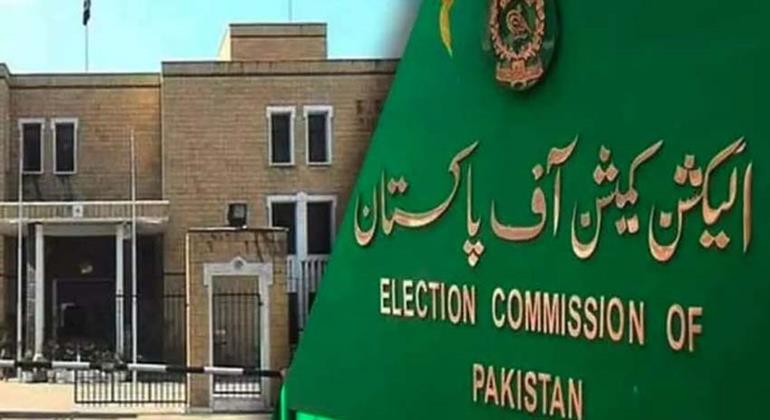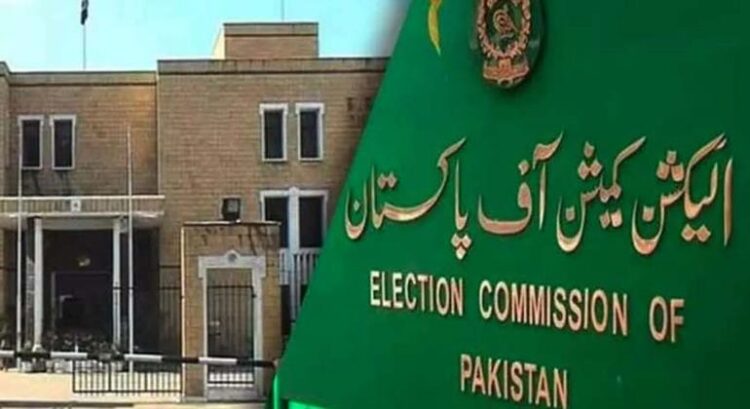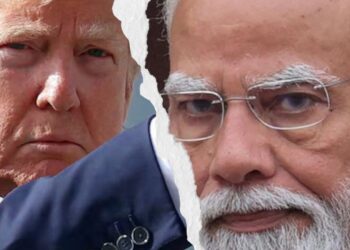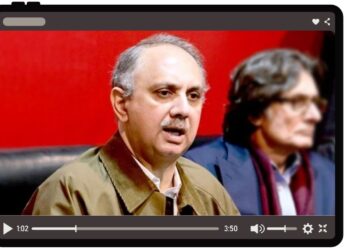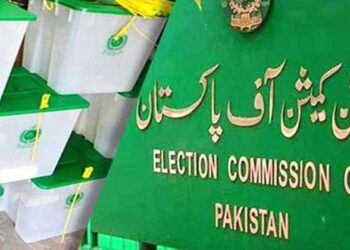ISLAMABAD; The Election Commission of Pakistan (ECP) has reserved its judgment in a key case concerning the distribution of reserved seats across political parties — a legal matter that could significantly impact party representation in assemblies.
A five-member bench of the ECP, headed by Chief Election Commissioner (CEC) Sikandar Sultan Raja, heard arguments from multiple parties, including counsels representing JUI-F, PML-N, PPP, PTI-Parliamentarians (PTI-P), and ANP, during a hearing held on Monday.
The controversy stems from how reserved seats—allocated based on proportional representation in general seats—are being distributed among political parties. JUI-F’s counsel, Kamran Murtaza, raised concerns about whether the outcome of this case would apply solely to Khyber Pakhtunkhwa (KP) or have implications nationwide.
He also highlighted that a delay in the notification of JUI-F’s candidate, Tariq Awan, until February 22, excluded him from the reserved seats tally. Had the notification been issued earlier—by February 16—he would have been included, potentially changing the distribution of seats.
The PML-N counsel argued that if both JUI-F and PML-N hold an equal number of general seats, the allocation of reserved seats should also be equal. PML-N contended that both parties deserved nine reserved seats each, instead of the current allocation which favors JUI-F with ten and gives PML-N only eight.
The PML-N demanded that in the case of a tie, a legal provision allows for a toss to decide the final seat, and requested the Commission to consider this option.
Murtaza countered, pointing out that any revision in the allocation due to Tariq Awan’s late notification could create broader legal complications and raise questions about the validity of all reserved seat notifications issued nationwide. He questioned whether the ECP could retroactively withdraw seat notifications to accommodate new developments.
During the hearing, ECP member Nisar Durrani asked whether a party losing general seats in a by-election could see its reserved seats reduced. PTI-P’s counsel responded that reserved seats, once allotted, are fixed and cannot be withdrawn retroactively.
He also claimed that PTI-P had been unfairly treated, with two of its representatives counted as one, and insisted that, based on notifications, the party was entitled to two reserved seats.
After hearing all arguments, the ECP reserved its verdict, which is expected to clarify the legality and process surrounding the allocation of reserved seats nationwide.
